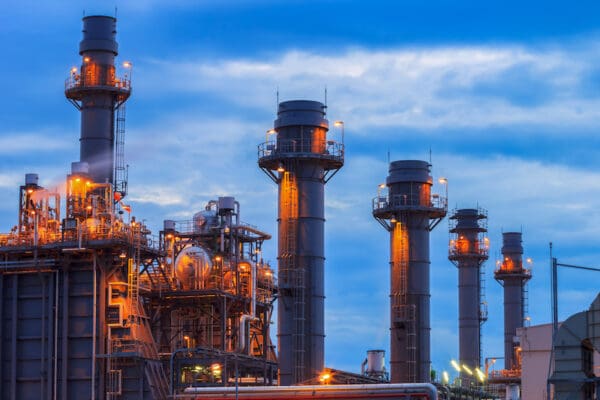On the Move
It’s been more than 25 years since CLF’s landmark settlement with the Commonwealth of Massachusetts over Big Dig air pollution sparked new investments in public transportation. Our push has benefited communities throughout the region through new rail service, better parking options, and modernized stations. But there’s much more left to do.
CLF in Action
The winter of 2015 found Boston’s MBTA in crisis when record snowfall left riders shivering in the cold as they waited for unpredictable (and often cancelled) buses and trains. In the wake of the crisis, Governor Charlie Baker created a Fiscal and Management Control Board, which was supposed to fix the problems plaguing the ailing system.
But instead of acting on behalf of riders, the Control Board pushed for and passed a nearly 10% hike in fares – even though the the higher fares weren’t needed to close T’s budget gaps.
CLF was a loud opponent of such an unreasonable fare hike, citing the especially harmful impact it will have on those of us who are students or getting by on low incomes. We met with municipal leaders, legislators, and partners to discuss the proposed increases and provided expert testimony on how the increases would affect riders.
Now we’re continuing our push to ensure that riders aren’t left on the hook for the MBTA’s financial problems in the future. We’re pushing to make future fare increases predictable and modest, so that we can have a public transportation system that is not just accessible, but also equitable for all of us who depend on it.
What’s at Stake
Many of us rely on the MBTA as our sole source of transportation to work, school, the doctor, or the grocery store. We recognize that the MBTA needs new revenue to fix its problems. But over the last dozen years, public transit riders have already seen our fares increase four times – this latest spike is the fifth since 2004.
When fares go up, many people abandon public transit in favor of their cars. This time, too, those of us who have the option to commute by car may make the switch if we find that using the MBTA is no longer cost effective or efficient.
More cars on the road from those abandoning the T will mean an even more congested commute for drivers into Boston, more air pollution for the rest of us, and more greenhouse gas emissions damaging our climate – which none of us can afford.



